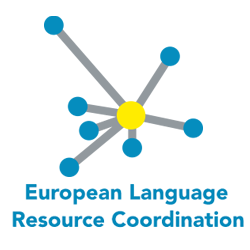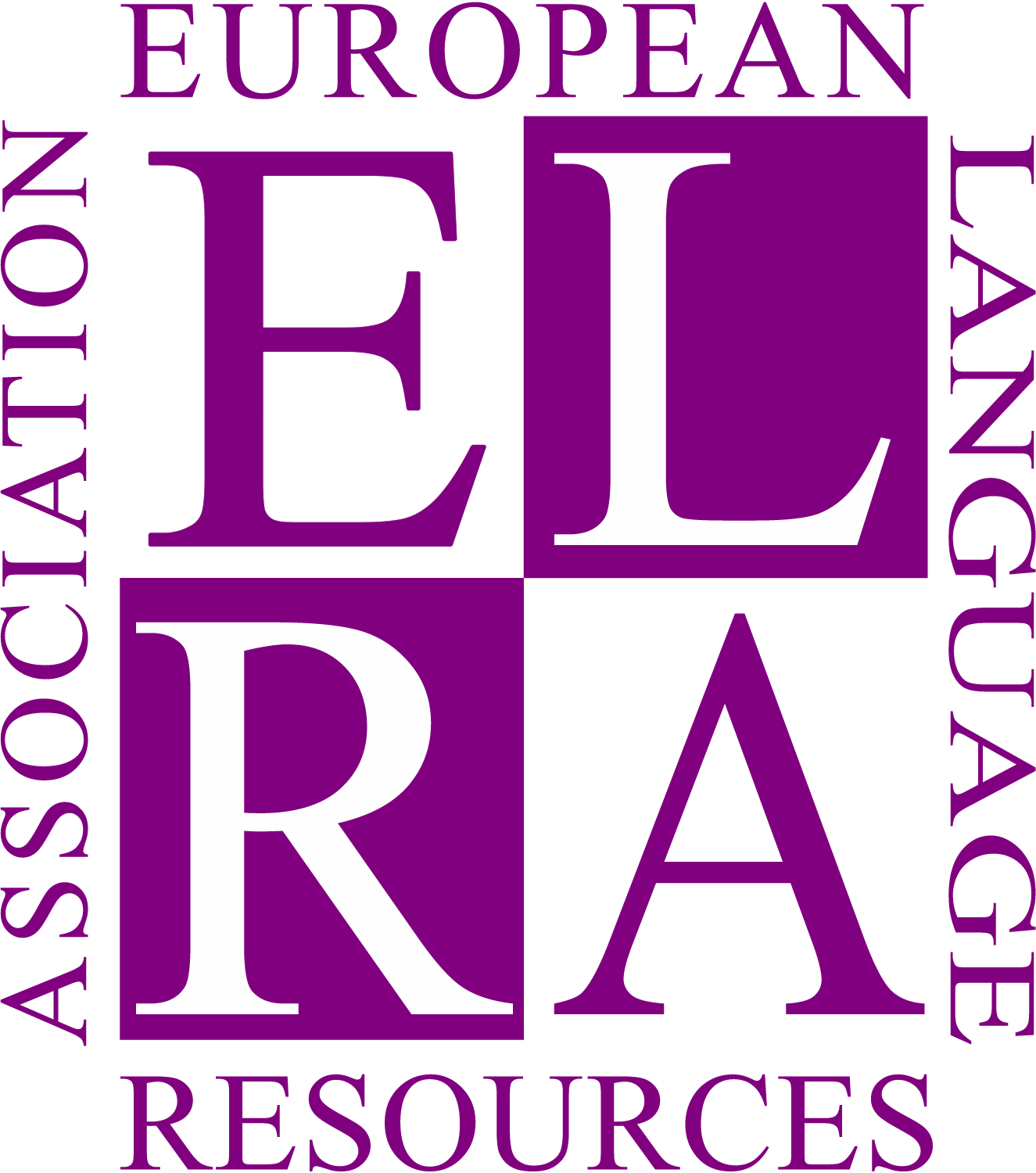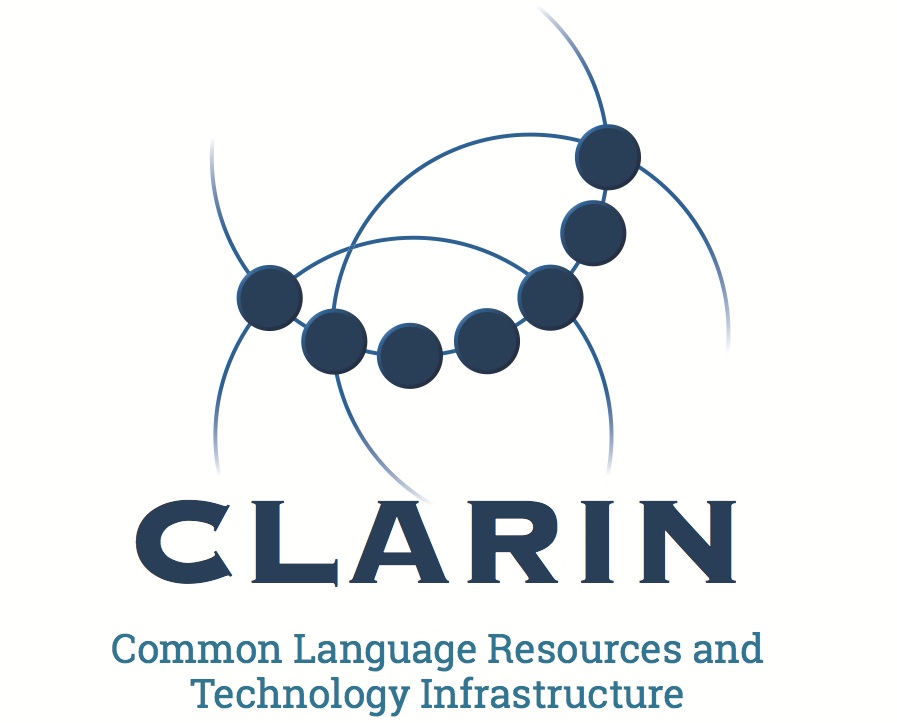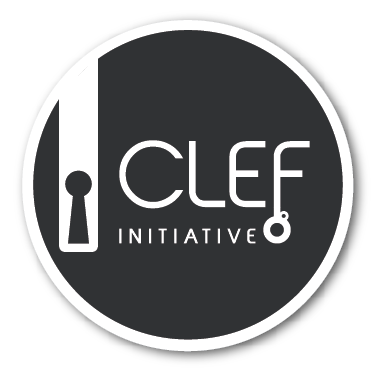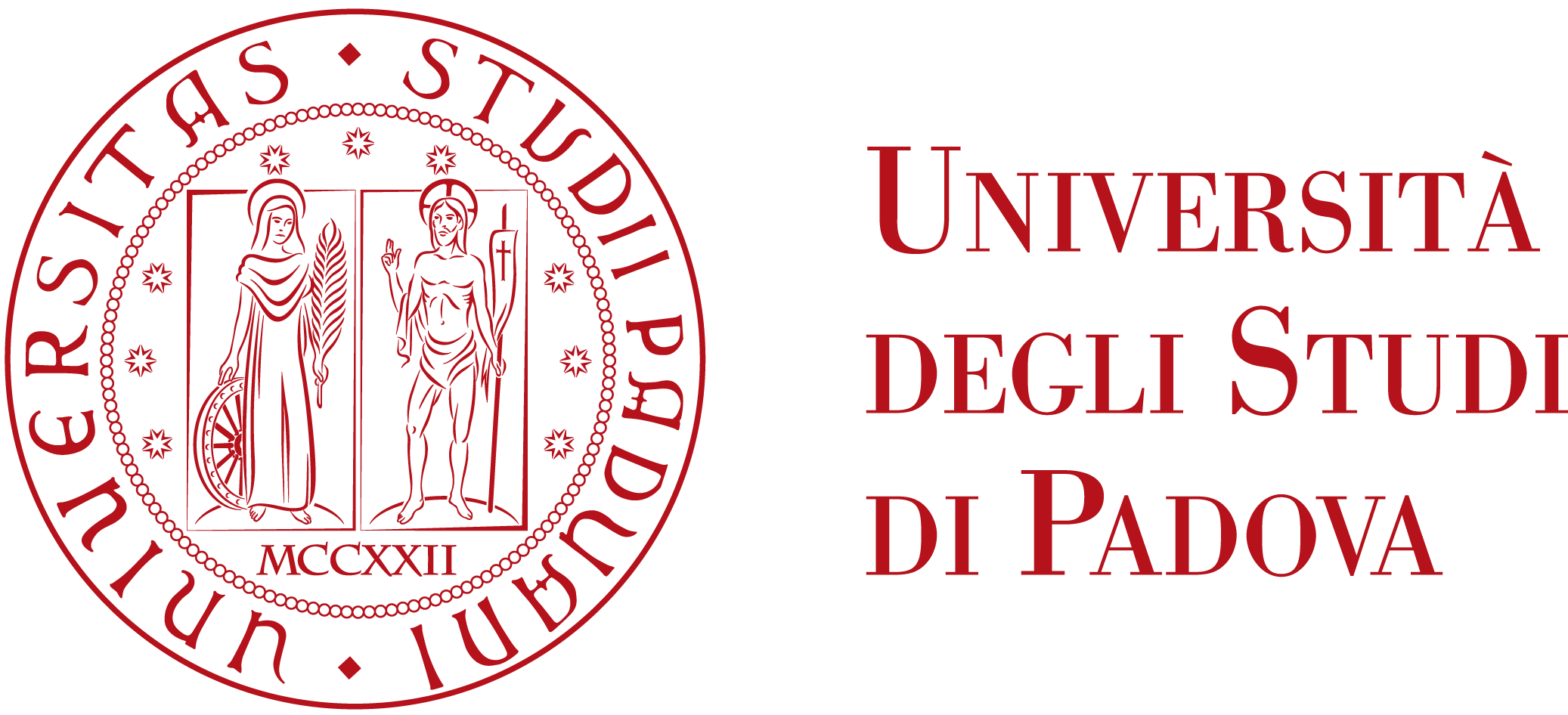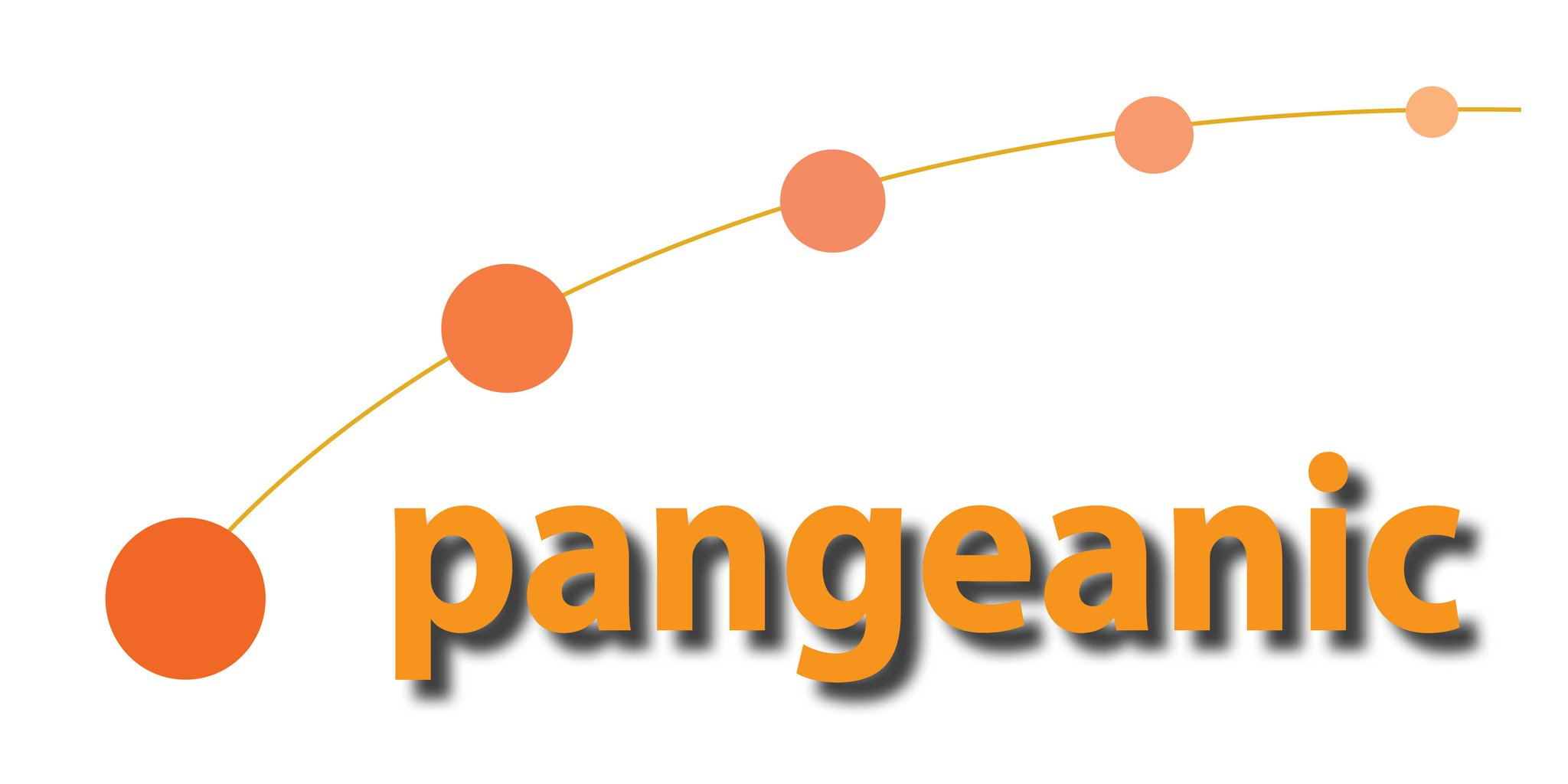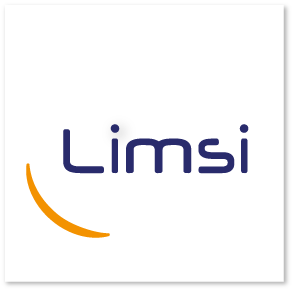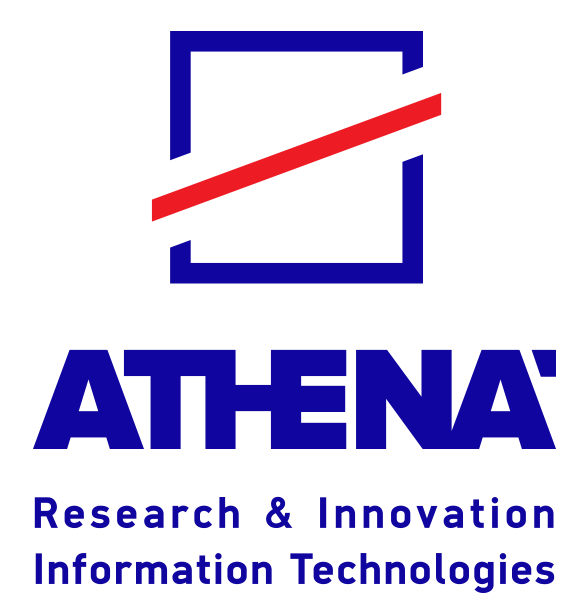Aims and Scope
In the current Covid-19 crisis, as in many other emergency situations, the general public, as well as many other stakeholders, need to aggregate and summarize different sources of information into a single coherent synopsis or narrative, complementing different pieces of information, resolving possible inconsistencies, and preventing mis-information. This should happen across multiple languages, sources, and levels of linguistic knowledge that varies depending on social, cultural or educational factors.
Covid-19 MLIA Eval organizes a community evaluation effort aimed at accelerating the creation of resources and tools for improved MultiLingual Information Access (MLIA) in the current emergency situation with a reference to a general public use case:
Sofia has heard that a drug has been experimented in different countries and she would like to have a consolidated and trustworthy view of the main findings, whether the drug is effective or not, and whether there are any adverse effects.
Distillation for the general public also implies a level of specialist-non-specialist communication, when the aggregated sources contain both disseminative and specialised sources. Therefore, the general public would need to understand medical expertise by using their correspondent in the "popular" language or by using an appropriately calibrated language for the communication to be effective.


